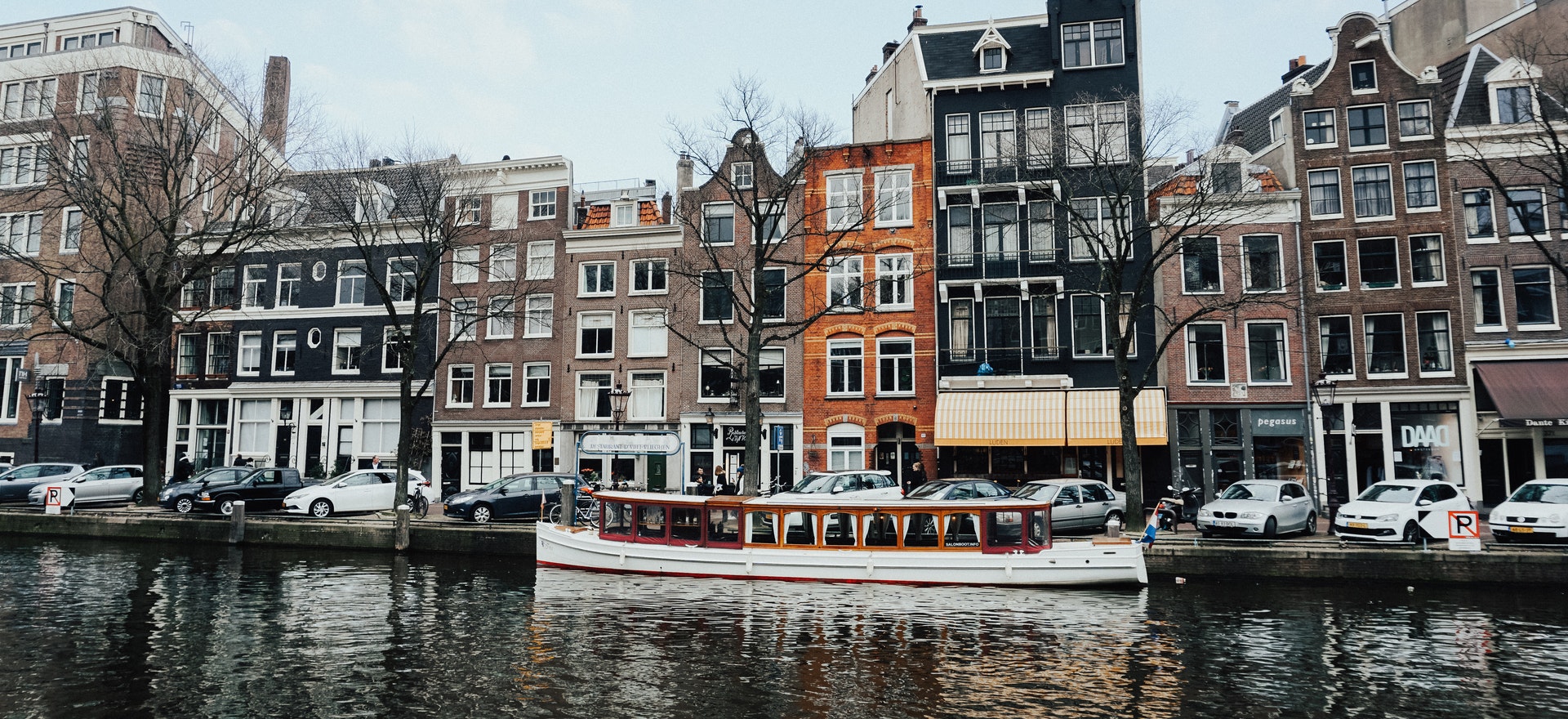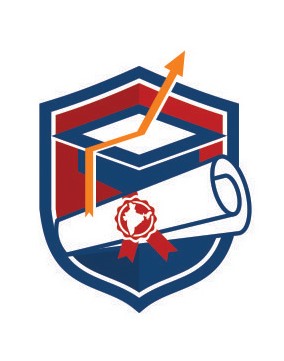- Verify one's enrolment at the Holland International Study Centre.
- Read the Admissions Department's advice on the

- 28

The Netherlands offers three different categories of higher education:
Hogescholen offers higher professional education to students that are 17 years old and above. There are many different fields of study that they provide. HBO is the abbreviation for higher vocational education, comparable to a college education. In addition to mergers, rising student enrolments contribute to the on-going growth of HBO institutions' average size. Sixty legal organisations offer professional education, together with 36 HBOs that the government supports. The majority of the advanced courses have been converted to a Masters degree; however, there are a few that are still available.
Fourteen universities, including the Open University, offer degree courses. A handful of other recognised institutions exist besides them, including Nyenrode Business University and six more that offer religious studies.
The following degrees are given to students because there are no substantial differences between the Dutch system and the European educational system:
Students who complete both the undergraduate and graduate phases of the Dutch higher education programme are awarded Bachelors degrees. In the Netherlands, three years and 180 credits are needed to complete a bachelors degree programme at a research institution; students will then get a degree specific to their field of study. However, applied science universities demand four years of study and 240 credits.
The Netherlands, however, demands 1 to 3 years and 60 to 180 credits for a research-focused master's programme. Therefore, 60 to 120 credits must be completed to earn a masters degree in applied arts and sciences.
Researchers for PhD degrees carry out their studies at a company or in an academic environment. Research is a hands-on activity requiring little coursework, so students begin conducting it immediately. Students refine their concepts and priorities as they engage with their supervisors on their research projects.
Students pay between €2,000 and €20,000 for one academic year, depending on their place of origin, and should budget an additional €10,350 for housing, food, and health insurance. In the Netherlands, students can apply for scholarships to lower their costs.
|
Tuition fee per year, in euros |
For EU students |
For non-EU students |
|
Preparatory courses (1–12 months) |
6,000 - 12,000 |
6,000 - 12,000 |
|
Bachelor’s programmes (3–4 years) |
2,060 |
6,000 - 10,000 |
|
Master’s programmes (1–2 years) |
2,060 |
7,000 - 20,000 |
|
Tuition fees for MBA programmes can reach € |
40,000- 50,000 |
40,000 - 50,000 |
Given the high importance placed on knowledge and talent, you are invited to use a post-study work visa to remain in Holland after graduating and then hunt for a job. After graduation, students find employment in rapidly expanding sectors and universities connected to many enterprises.


The Netherlands offers three different categories of higher education:

In the Netherlands, a student's monthly living expenses—which cover all daily and extracurricular activities—run between 800 and 1,200 EUR a month.

Several scholarships are available for students from different countries to pursue their studies in the Netherlands. However, they differ from each other depending on var


| S.No. | Universities | Country |
|---|
Here for you all day everyday!